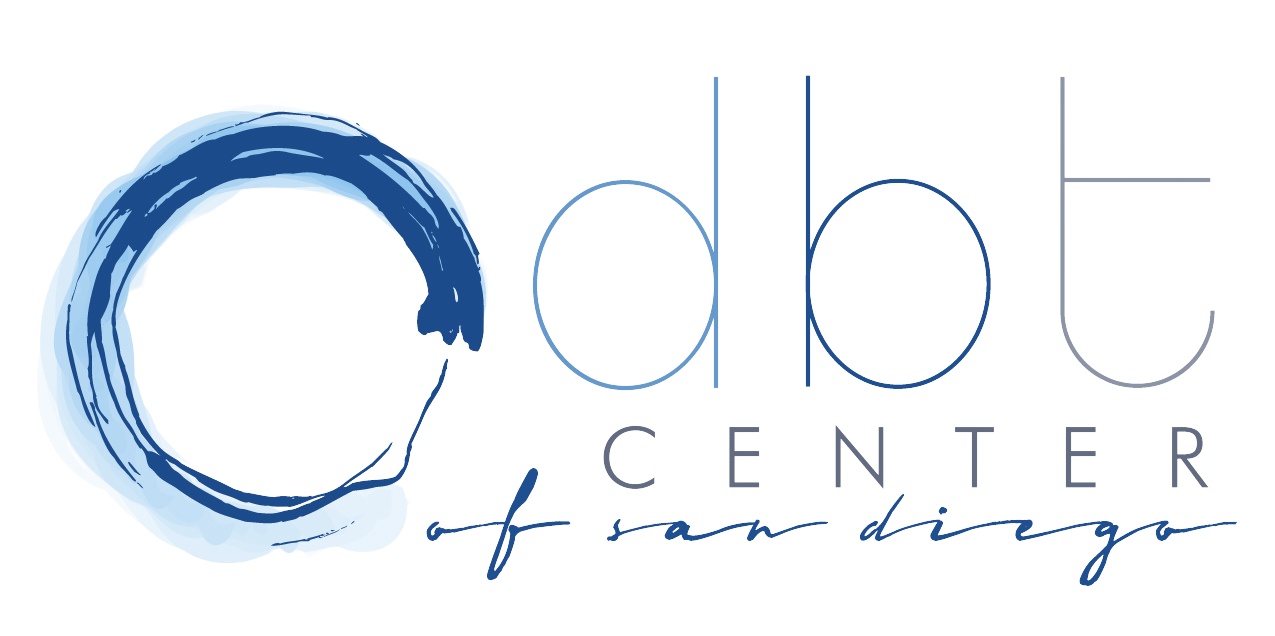About DBT
Dialectical Behavior Therapy (DBT) is a form of cognitive-behavioral therapy that involves powerful strategies for change balanced with acceptance and compassion. It is a comprehensive treatment program designed to address the needs of clients with severe and complex emotion dysregulation problems. Emotion dysregulation is at the core of a variety of disorders that result in extreme, impulsive, or highly dysfunctional behaviors, and DBT utilizes strategies that directly and thoroughly address these emotion challenges.
Components of Standard DBT
Prioritization of Treatment Targets
When there are multiple problems in a particular week, DBT addresses them in the following order of priority:
Within a session, presenting problems are addressed in the above order. For example, if the client is expressing a wish to commit suicide and reports recurrent binge eating, the therapist will target the suicidal behaviors first. The underlying assumption is that DBT will be ineffective if the client is dead or refuses to attend treatment sessions.
Stages of Treatment
DBT is divided into four stages of treatment. Stages are defined by the severity of the client’s behaviors, and therapists work with their clients to reach the goals of each stage in their progress toward having a life that they experience as worth living.
Guidelines for Choosing a DBT Therapist
The nonprofit organization Treatment and Research Advancements for Borderline personality Disorder (TARA) provides guidelines for choosing a DBT therapist. The mission of TARA is to foster education, research, and advocacy relevant for Borderline Personality Disorder (BPD) and other personality disorders. It targets mental health professionals, consumers of mental health services, families and/or the community at large in order to reduce stigma and increase awareness of personality disorders and their treatments.


